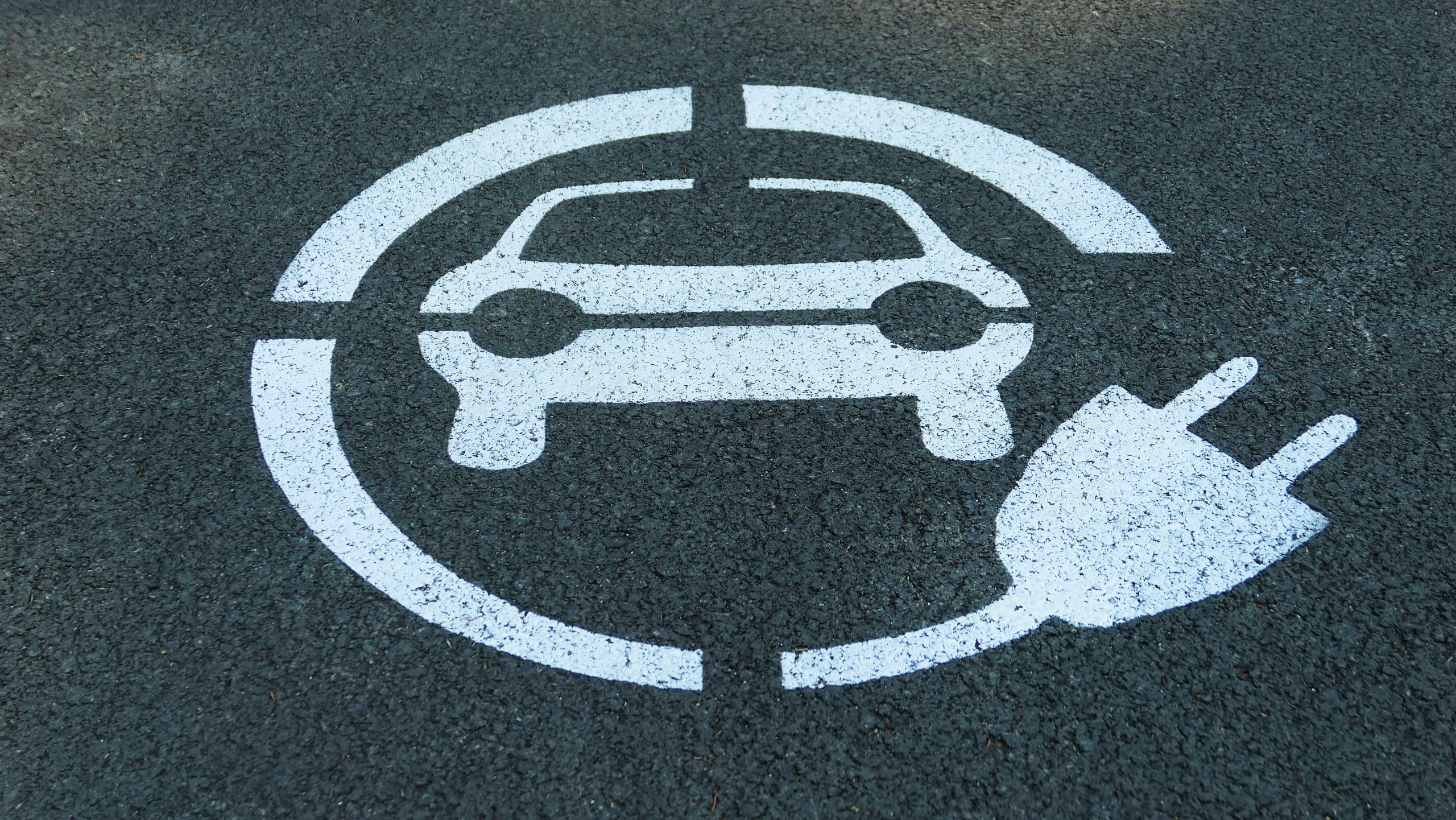
South Korean company W-Scope opens its first European plant in Hungary.Continue reading

Car brands from the Far East have been popular in Hungary, but now they could be in even greater demand. With Covid bringing a period of crisis to the European car industry, the continent could see an even greater expansion of Far Eastern brands such as Toyota, Kia, and Suzuki.
According to an article in Világgazdaság, a Hungarian economic site, within a few decades the biggest European car brands could disappear from the roads if the trend observed since the start of the coronavirus epidemic, which is reflected in the registration of new cars, does not stop. This means that
in 2019, before the Covid pandemic in Hungary, six of the 20 most popular car models were from the Far East, but by the first half of 2022, this number had risen to 12.
Brands such as the Skoda Octavia, Opel Astra, and Ford Focus have been squeezed out of the Hungarian market. They have been replaced by Japanese and South Korean brands such as the Toyota Corolla, Kia Ceed, and Suzuki.
While Volkswagen is the most popular European company, Toyota and Suzuki are right behind. Although the German company still leads the European sales, a changing trend is already visible, with Mercedes and Stellantis selling fewer units alongside Volkswagen, while Hyundai, Kia, and Toyota are gaining in popularity.
According to Zoltán Matheika, senior researcher and industry expert at Kopint-Tárki,
the question is often raised, and not without reason, that sanctions against Russia could have the most negative impact on the relative competitiveness and relative quality of the EU.
“What is certain is that inflation in East Asia has remained much lower than in the euro-zone, especially in Germany,” he said.
That being said, he noted some encouraging signs, with Mercedes, for example, having just ramped up parts production in September in preparation for a possible future fuel shortage. Moreover, according to Eurostat, output in the German automotive industry (like in Hungary) jumped in the third quarter, with some reports suggesting a reduction in the shortage of chips.
Matheika also pointed out that Hungary’s situation is also slightly better because of the presence of premium brands, because on the demand side, the luxury car market will be more stable than the mass car market in the coming years, and this could improve the relative position of a good part of the Hungarian car industry.
Featured photo via Pexels